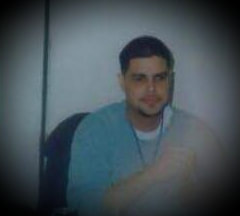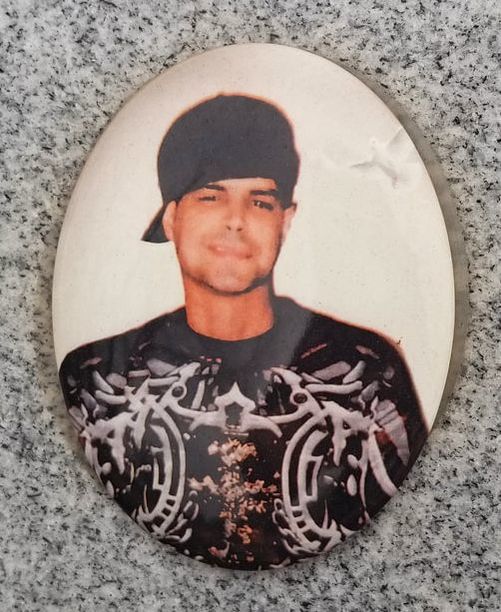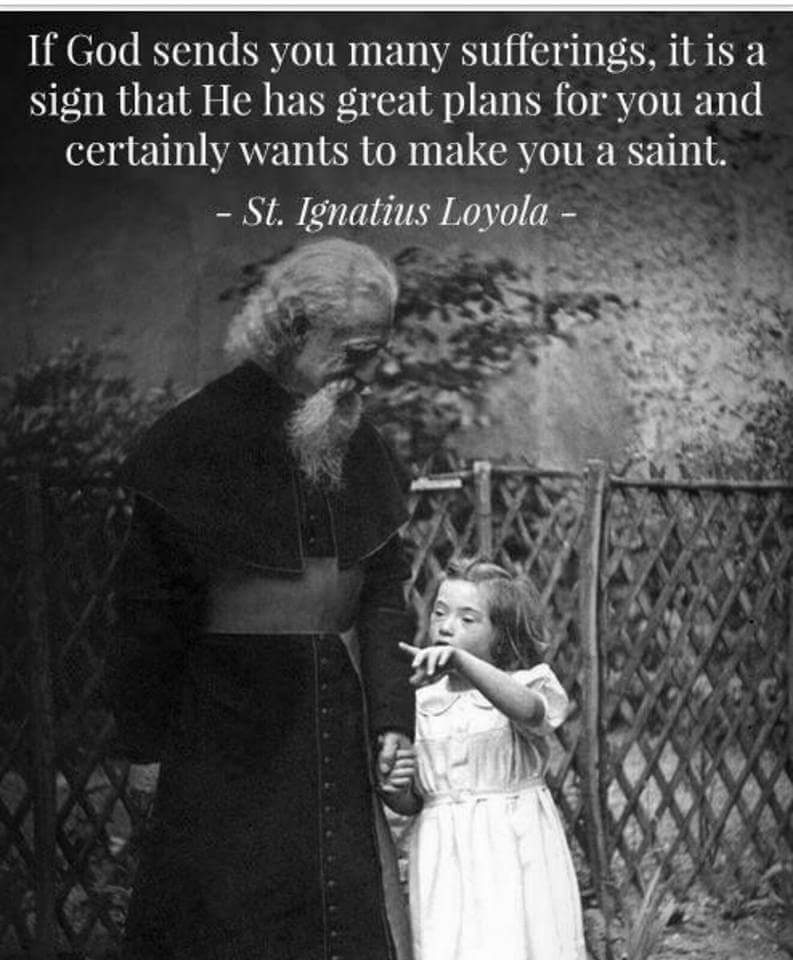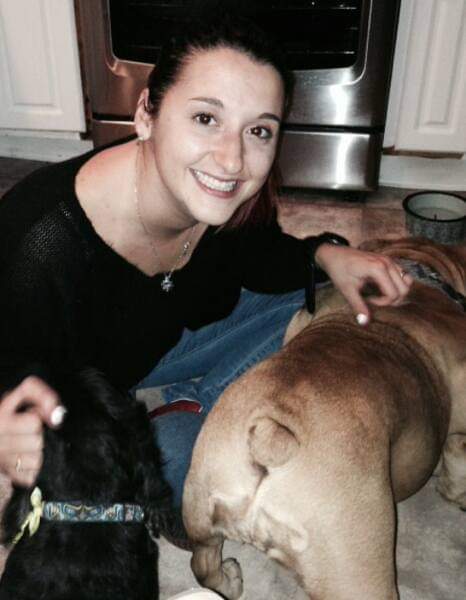David was handsome by anyone’s standards. He had a strong jaw, a prominent brow and hairline, a broad-shouldered and muscular body. Had I met him as someone who was not in the healthcare profession, I might not have noticed that he covered his mouth when he talked. This was because the radiation given to his face had caused some of his teeth to fall out. David was losing weight when he was admitted to the nursing home, in part because he could not swallow enough food to nourish his body. He needed some physical therapy to strengthen his limbs. It was during that time that I got to know David. Women from his church visited David to pray with him. He had a very strong belief in God. He declined the use of antidepressants to help to boost his spirits. In fact, David had already signed a DNR (Do Not Resuscitate order), which meant that he was refusing chest compressions or other life-sustaining measures, should his heart stop beating. I was utterly stunned when I saw David’s signature on the bottom of his DNR sheet. In nursing homes, it is uncommon to see an individual sign this order themselves. Perhaps this is because most people in nursing homes are in their eighties and nineties. Never before in history have people lived this long. Nor have we had the technology to keep people alive as long as we can today. These days, what many workers in nursing homes often witness are patients with terminal illnesses and advanced dementia being kept alive. This is accomplished with feeding tubes, which supply artificial nutrition to patients when they can no longer eat. A plastic device is implanted in the stomach and nutrient-rich liquid is delivered directly to the stomach to keep someone alive. This is called a G tube. Most DNR’s of the elderly are signed by their next of kin. People of advanced age have not been educated on what artificial nutrition actually means or how it will impact their lives. By the time one of these patients would require a feeding tube, he or she is often confused and unable to sign any such form or make this type of decision. Somehow, this 34 year old man named David, born in the Dominican Republic, had been clever and spiritually aware enough to acknowledge that this would not be the picture of his end of life story. David would not be kept alive on a feeding tube. He was brave in a way that I had never seen before. There was bold intent in his signature on the bottom of his DNR form. David was going to die well, and on his own terms. David was released from the nursing home. A year went by. And then, like the flutter of a hummingbird’s wing, I heard from him again via email. David had met a woman named Marija. She lived in Finland, but had been flying into the Newark Liberty Airport to see him. David and Marija had fallen in love.
As David and Marija’s romance progressed, David did the unthinkable. He rescinded his DNR. He went to a local hospital and had a G tube implanted. (The G is for Gangsta, David said). I remember hearing of this and rescinding my own ideas about feeding tubes. I had previously believed them to fall into the category of cruel to the elderly with dementia. But as David was of sound mind, able to make his own decisions and newly in love, I was overjoyed. He wanted to stay alive for Marija. This was David’s fearless new step. He did not want to die. Christmas is important to many people, in many cultures, for many various reasons. I knew that for Marija, Christmas was usually cold and snow covered the ground in her town, just outside Helsinki. Due to climate changes, Marija said that when it did not snow, the locals referred to this as a ‘Black Christmas’. The people of Finland got very upset when they had Black Christmases. As for David, his family usually cooked pernil (pig) and green plantains. His mother and younger brothers relied on him to create the feast, drive them to a local midnight mass, and buy and wrap presents to ensure a wondrous holiday. Throughout the entire day of Christmas in the year 2015, Marija prepared fish roe and herring, rutabaga casserole and rice porridge (the porridge was her favorite thing). She wrapped presents for her children. She called David from Finland and sent him pictures and videos of her kids. Marija was delighted that snow was falling during her daily jog. In New Jersey, David lay on the couch in his mother’s sala (Spanish for living room), as he smelled the pig from the oven and watched his family dance to music. He was too weak to get to Christmas mass, but strong enough to sit up for a few minutes and watch his brothers open presents. It was on the very next morning, the day after Christmas, when David’s heart stopped beating. I remember working in the very same nursing home where I met him, passing the room where he stayed, when I heard the news. I reached out to Marija. It was a horrible day, a day that seemed to last far too long, a day when we wished we could fall asleep at noon and hope that this had been something that was not true.
As the years have worn on, we have a different perspective. I still talk to Marija in Scandinavia. It is David’s true love, the one for whom he finally agreed on a feeding tube, who helps me to see the victory in David’s death. “David did not want me to have a Black Christmas,” Marija tells me. “He chose to wait until the day after Christmas to leave.”
These are the words that I needed. I did not know David all that well. But when I think of David’s family, I can imagine the sounds of their voices around the Christmas tree. I can smell the ham roasting in the oven. This smell of food must have brought up a round of nausea within David’s throat, due to his chemotherapy during that time. He could not eat at all towards the end. But he did not allow himself to lie down completely, he willed himself to keep breathing for that entire day, so that his family would have a good Christmas. Like Saint Ignatius, David was sent many sufferings. He suffered so beautifully, so quietly, without a complaint or concern for himself. Rather, David worried about all of us. That is why he chose to spare his people such a great loss on Christmas Day. David chose to die on the day after Christmas. I sometimes go to his grave and try to talk to him. I ask him how he could have endured the length of time he spent on this planet, in pain, without teeth, with so many people to worry about, and with the knowledge that he was going to die so young. I know what he would say, as I stand on the frozen ground where he is buried: Have a Merry Christmas. Do not think for a second that God is not with us, in every moment. Tell my girl that I love her. Some things in life are easy to describe. I have a friend named Jessie. We have worked together for years. At first, it was at a physical therapy clinic in New Jersey. Jessie ran the front desk and made sure that the scheduling and insurance authorization ran smoothly. I later convinced Jessie to apply for a job in the nursing home wherein I worked. The nursing home was a slipshod organization; I was not sure if Jessie wanted this job, but I felt that I needed her. The nursing home needed her more. When Jessie accepted this position, everything changed in that place. Jessie’s job description was to coordinate the care of the elderly for their rehabilitation needs. Not only did Jessie perform these requisite duties, she also adored the residents of the nursing home. When dropping off printed information to each of the four nursing stations at this place, she was found helping residents getting dressed, she lifted them on and off toilets, and she pushed patients in their wheelchairs to her desk and talked to them while she did her computer work. These qualities in a person like Jessie are easy to write about.
This day was somewhat different from the other days that we worked at the nursing home. This day is harder to describe. The patients had awakened earlier, even the ones with dementia. It was as though they knew that something unusual was happening. The nurses were taking extra time with dressing and grooming the residents. By 9 am that morning, the residents had a look of thrilled anticipation, as they sat in circles in their wheelchairs.
It was around that time, in late morning, that droves of families entered the building. Jessie and I had never witnessed this before. People pulled up in SUV’s and carried trays of turkey, mashed potatoes, pumpkin pies, yam casseroles and they set up their Thanksgiving meals in the Dining Hall of the nursing home. As a staff, we had never before seen such attention paid to the residents. Jessie is an avid football fan, but primarily of the New York Giants. She rushed around to each of the four wings of the nursing home and ensured that football was on every television. We brought the patients to the rehab gym and blasted Chubby Checker, while they walked and exercised and their families watched in awe. Jessie and I ate a Thanksgiving meal made by the cooking staff, after we were finished taking care of everyone. That was year one of our Thanksgiving tradition. Jessie and I worked together on this day for the next two years. We grew to look forward to it. There were great-grandmothers who held infant relatives for the first time. Toddlers wandered down hallways and banged into wheelchairs, they were picked up and consoled. Middle-aged men shouted against referee calls in football. The cooking staff of the nursing home took great pride in their green bean casserole recipe. Families offered their food to other residents and brought the food to their tables (for residents who had no family at all to visit). This next part of this story is even more difficult to describe. It was after our third Thanksgiving together that Jessie was involved in a motor vehicle accident. One of the vertebrae in her neck was shattered. Thereafter, everyone in the nursing home asked how she was doing. I never answered them, because I did not know how she was doing. Nobody knew. Not even the doctors. Jessie had become paralyzed and could no longer walk. She needs a wheelchair to get around now. Jessie also needs a caregiver to address her physical needs. This came as a shock, as this is the same woman who helped others to address theirs. Jessie used to help diaper people. This was never her job. But she did it anyway, because she has a fiery heart and refuses to allow others to ask for help. She just gives it, without question. Jessie lives a few hours away in Pennsylvania. I think about the losses that we have sustained. We have lost most of the elderly patients we cared for. Jessie has lost her ability to walk. It seems all too easy to fixate on these very hard realities. And these things are quite real; they cannot be reversed. Just as the old people in nursing homes without families cannot be soothed by some green bean casserole made by the staff. But here is the thing that sustains the holiday of Thanksgiving: there are families who welcome the ones without families to their tables. The clamor of the preparation and dressing of the elderly in their finest clothing for this holiday is important. When Jessie changed the channel of the televisions so that our patients could watch football, she changed everything. Jessie created a holiday, in a place known for a lack of celebration. I will be with my family this Thanksgiving, and Jessie will be with hers. I miss my nursing home Thanksgivings with Jessie. I miss the woman who made a festival out of nothing at all. When I smell turkey, I remember Jessie hurrying around to push patients in their wheelchairs, so that they could find a piece of joy. Jessie made everyone feel like family. While the New York Giants may not be doing their best lately, I thank the Master of the Universe for football, for crying toddlers who crash into wheelchairs, for the very old people who teach us everything we need to know, and for the Jessies of the world. |
Archives
October 2021
Categories
All
|



